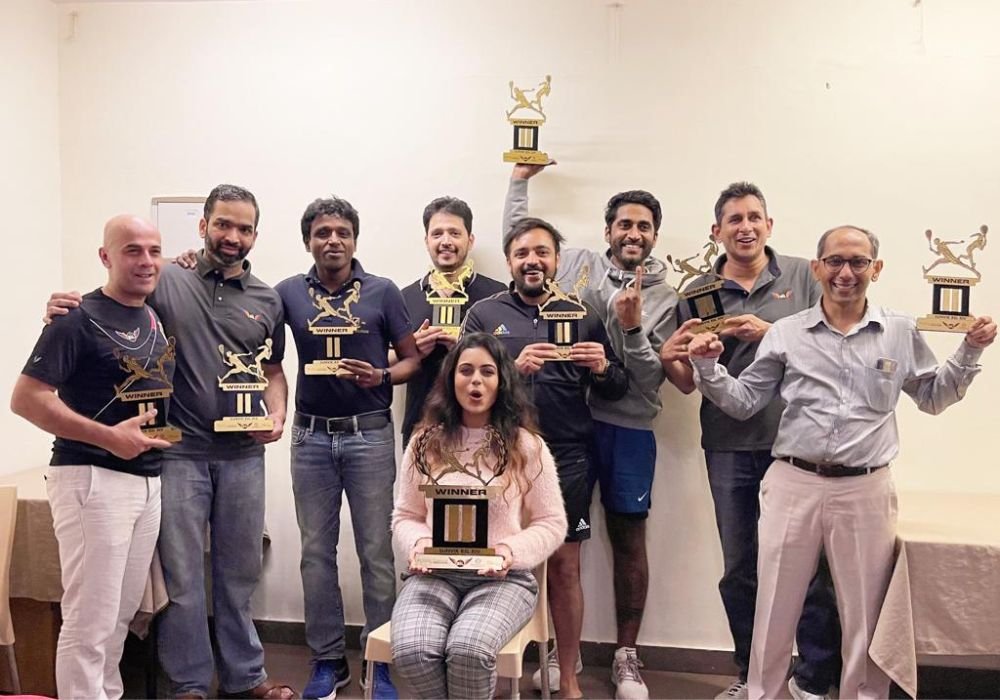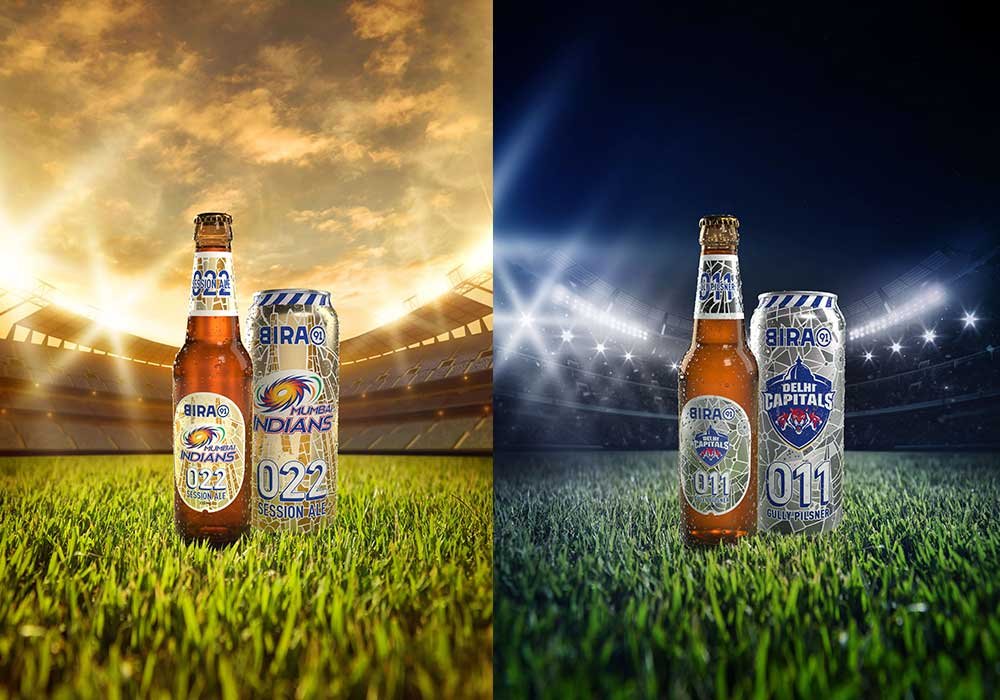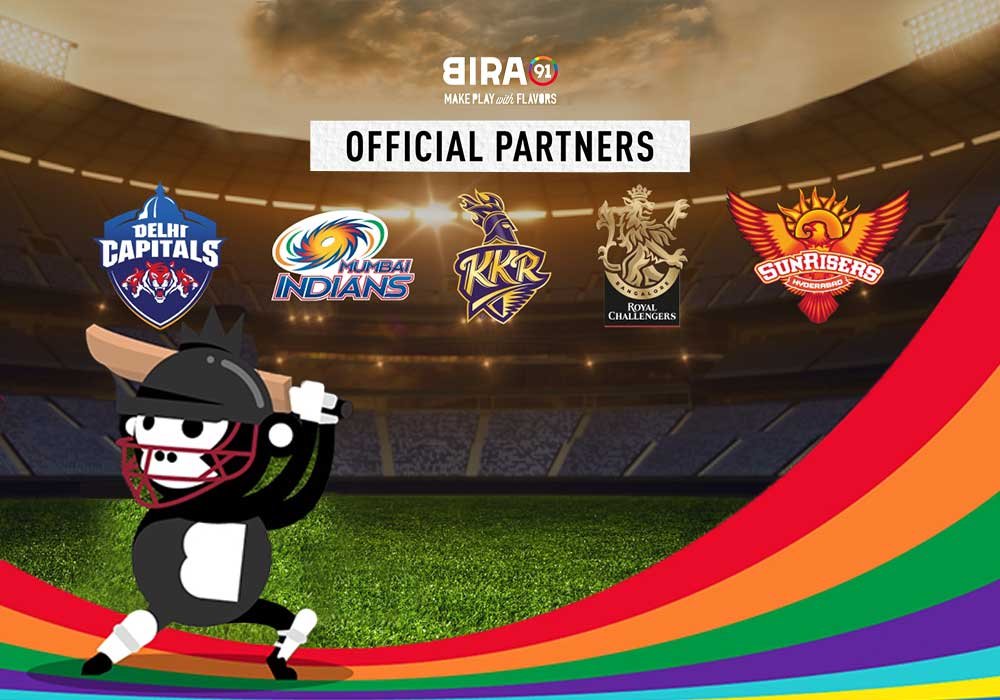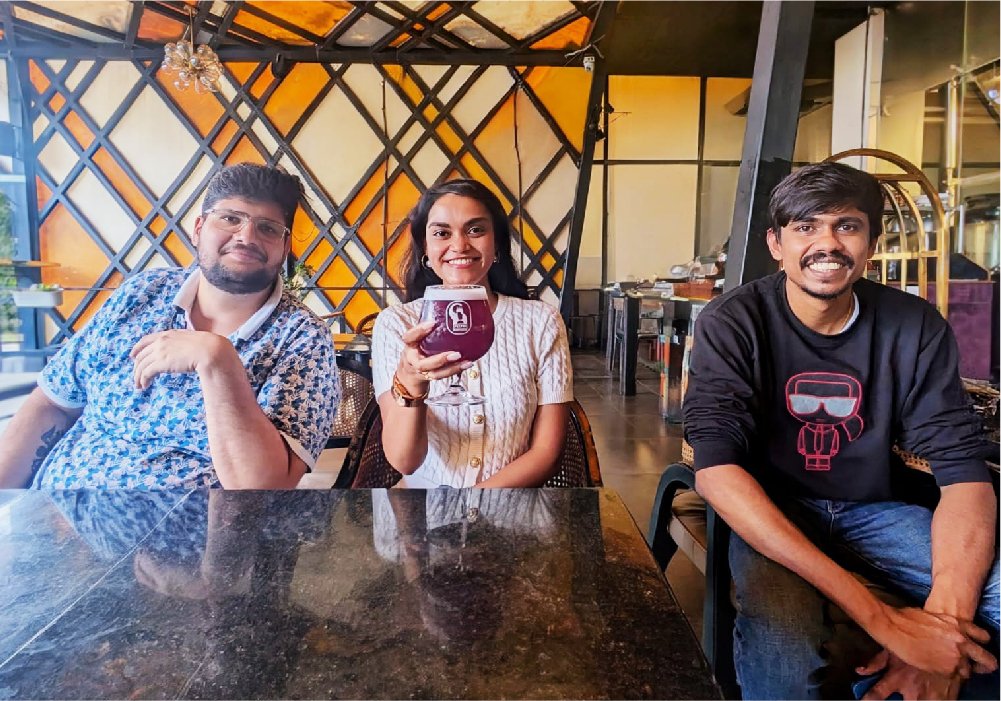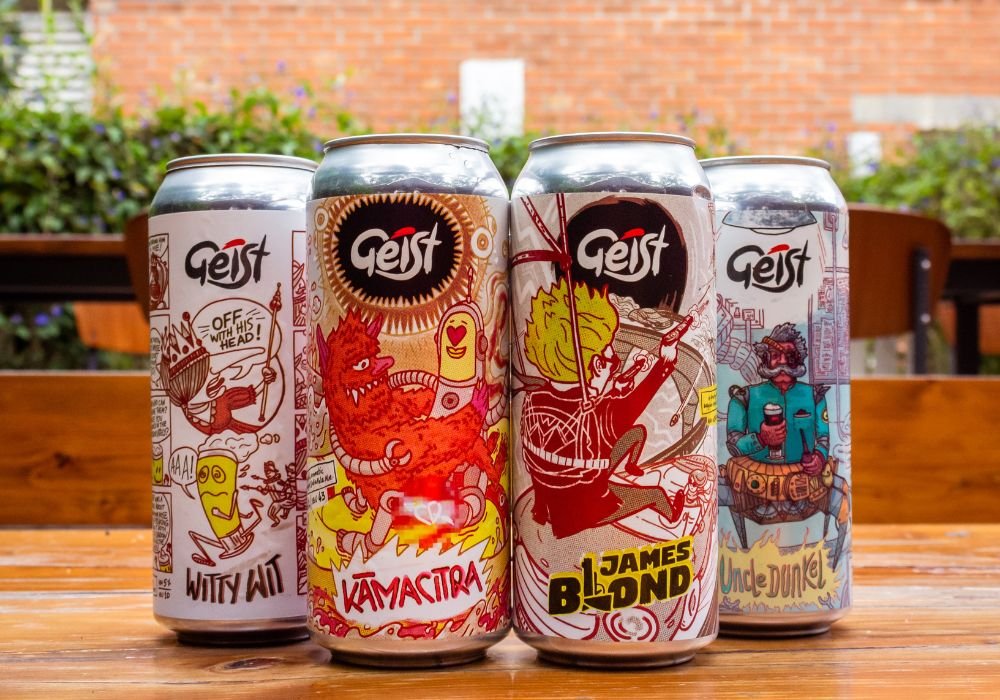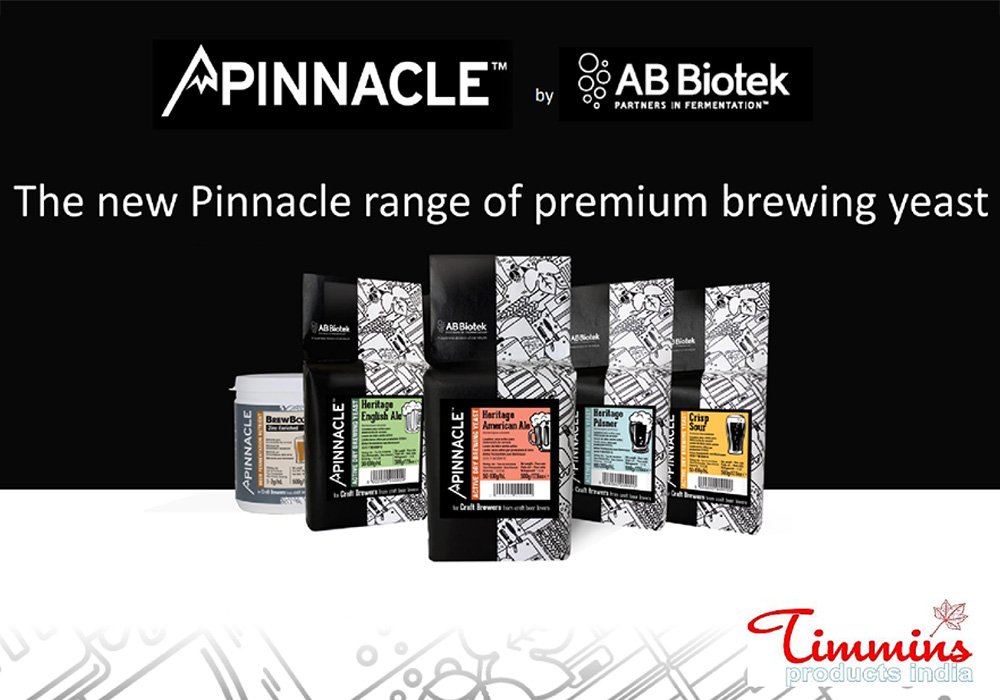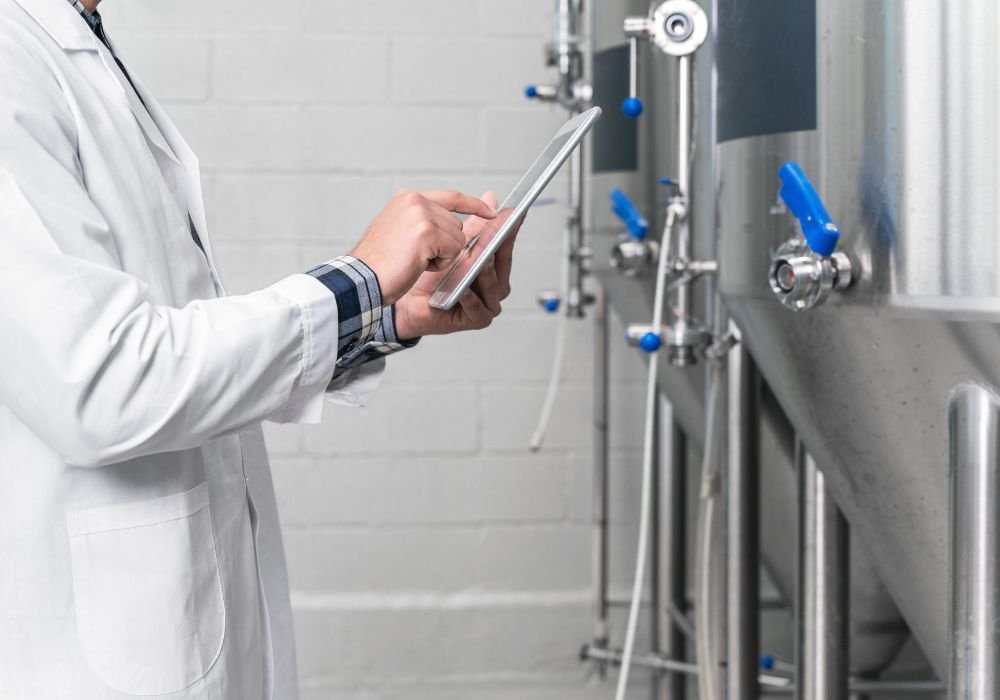
Trappist Westvleteren was the only Belgian beer in a label-less bottle. For decades, all legally required information about the beer and the producer was mentioned on the bottle caps. That is now changing. From now, bottles of Trappist Westvleteren will carry a label again. The end of an era spanning more than 75 years.
“Basically, Trappist Westvleteren with a label is nothing new. In the Interwar period the Abbey of Saint Sixtus already sold labelled beer bottles. Shortly after the Second World War, the then Trappist community in Westvleteren decided that part of the production would be licensed to a neighbouring laic brewery. Those bottles also carried a label”, explains Brother Godfried, prior of Saint Sixtus Abbey. “However, from that moment on labels were no longer glued on the Trappist beer bottles that were produced within the abbey walls. Even when the monks retook the entire Trappist Westvleteren production in their own hands in 1992, they made sure that all necessary information was stated on the bottle cap. Thus, after more than 75 years, labelled Trappist beers will again be sold at the abbey gate.”
[caption id="attachment_26939" align="aligncenter" width="525"] Trappist Westvleteren 12. Picture source: www.trappistwestvleteren.be[/caption]
Trappist Westvleteren 12. Picture source: www.trappistwestvleteren.be[/caption]
Brother Godfried: “Nowadays, there is a general trend in the food industry to inform consumers as fully as possible. Although there is no legal obligation for beer producers to provide the full list of ingredients and nutritional values, we have nevertheless decided to do so and to reintroduce labels. After all, it was impossible to put all that information on the bottle cap.”
[caption id="attachment_26940" align="aligncenter" width="1024"] Trappist Westvleteren 12 Label. Picture source: www.trappistwestvleteren.be[/caption]
Trappist Westvleteren 12 Label. Picture source: www.trappistwestvleteren.be[/caption]
The monks opted for a unique label design that is quite close to the familiar look & feel. “The labels represent stylised images of the bottle caps. There are three label versions, one for each of the three Trappist beers from Westvleteren Abbey. The colours of the cockades correspond to the well-known colours of the bottle caps, green for the Blond, blue for the 8 and yellow for the 12”, says Brother Godfried. “We made sure that the traditional image of the beers in the crate was affected as little as possible. For example, the labels are placed in such a way that they cannot be seen when the bottles are in the crate. Only the classic, dark bottles with the distinctive ring with the relief inscription 'Trappistenbier' are visible."
In addition to the name of the beer and the legally required information, symbols and allergens, the labels also contain the complete list of ingredients in three languages, the energy values, the logo with the coat of arms of the Saint Sixtus Abbey and a QR code that refers to a webpage with the complete nutritional table.
The project started at the end of 2019. The communication working group of the Abbey, assisted by companies Pigs in Space, Force3 and Eclips design, designed and developed the labels. Various designs were reviewed, reworked, and fine-tuned. In recent months, technicians of Schuilenburg and Van Uitert have installed a modern Langguth labelling system in the bottling plant. Interlabel printed the labels.
[caption id="attachment_26941" align="aligncenter" width="823"] Older Trappist Westvleteren bottles. Picture source: www.trappistwestvleteren.be[/caption]
Older Trappist Westvleteren bottles. Picture source: www.trappistwestvleteren.be[/caption]
Now, the first crates with labelled bottles of both Westvleteren Blond, 8 and 12 will be put into circulation. The first labelled bottles will also soon be served at the visitor centre 'In De Vrede'. The first six-packs and home-delivered crates with labelled bottles will be available in a few weeks’ time.
For the time being, the familiar crown caps are still put on the bottles. Once the current stock of metal caps is used up, they will be replaced by bottle caps with a new, simplified design that is fully in line with the labels.
For more information, checkout www.trappistwestvleteren.be
